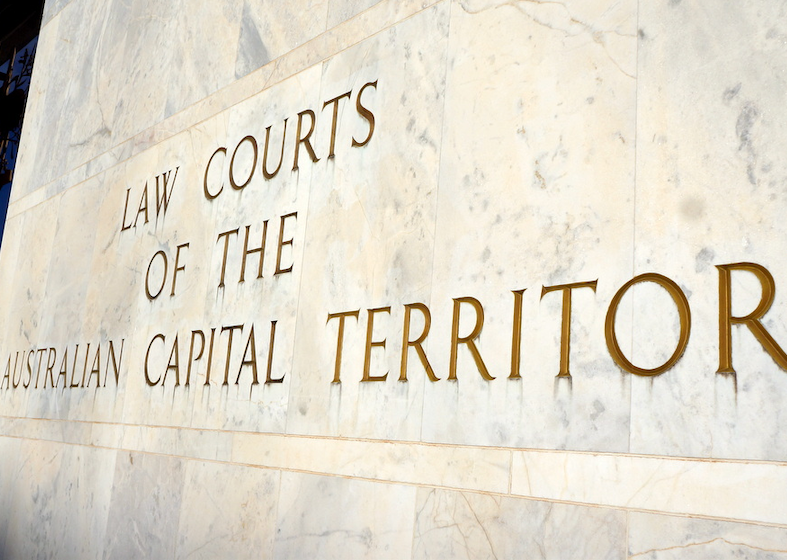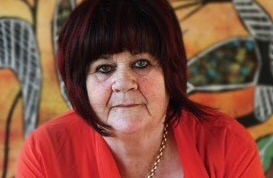
Leading indigenous spokesperson JULIE TONGS argues that cross-border justice co-operation with NSW would save money and help with prisoner rehabilitation.
I recently wrote to ACT Attorney-General Shane Rattenbury and Corrections Minister Emma Davidson to ask them to consider developing a cross-border justice agreement with the NSW Government.

The agreement would be aimed at addressing the often-negative consequences that flow from the trial and sentencing of a person in either the ACT or NSW when that person has an outstanding warrant in the other jurisdiction.
Unfortunately, it’s not uncommon for a person tried in the ACT or, say, across the border in Queanbeyan, to have an outstanding warrant for their arrest in the other jurisdiction.
If that person is found guilty and imprisoned in the jurisdiction in which they were first tried, then the current practice is that on completion of that sentence they are arrested at the prison gate and taken to court, where an extradition order is sought.
Once a court in the relevant jurisdiction grants the extradition order the detainee is taken across the border to face trial.
It’s not unusual, of course, for the detained person to be sentenced to a further period of imprisonment.
I am not suggesting that an offender caught up in such a situation should not be subject to the law. But I am concerned that for a prisoner, in for example the AMC, who knows full well that upon their release from prison they’ll be extradited to a jail in NSW to await trial on the outstanding warrant, that prisoner will have been far less likely to concentrate on their rehabilitation or to participate in training or education or behavioural programs offered in the AMC.
I am also mindful of the cost implications these arrangements pose for the respective ACT and NSW police forces and court systems.
However, my major concern is that I think it is simply unarguable that a detainee, facing the certainty of further imprisonment in another jurisdiction, will not be as invested in or inclined to engage in prison programs designed to ensure that they not re-offend, and which otherwise assist their rehabilitation and successful re-entry into the community.
I have been encouraged to pursue these reforms by the precedent that the NT, WA and SA have set through the Cross Border Justice Scheme, which has operated for several years in a large region of central Australia encompassing land in each of the three jurisdictions.
The Cross Border Justice Scheme in effect removes the state and territory borders within the designated area in order to improve law enforcement and the administration of justice more broadly, in each of the three jurisdictions.
This means, for example, that police, judges, fine-enforcement agencies, community corrections officers and prisons can deal with offences that may have occurred in another state or the NT.
The scheme applies to anyone who is suspected, alleged or found to have committed an offence in the cross-border region or who is arrested in the region or usually lives in that region at the time of the offence or when they were arrested. This also means that an offender is not able to cross the border to escape justice.
It is pertinent, in considering whether a scheme such as this would enhance the administration of justice in Canberra to be mindful that not only does the ACT have the highest rate of incarceration of Aboriginal men and women in Australia, but that it also has the highest Aboriginal recidivism rate.
In other words, it is clear that the current response of the ACT government to Aboriginal offending and contact with the justice system is not only failing, but is the worst in Australia and shows no sign of improving.
In light of this, I commend the Cross Border Justice Scheme operated across borders in central Australia to the ACT government and urge it to pursue with NSW the adoption of a similar scheme in the ACT and region.
Julie Tongs, CEO of the Winnunga Nimmityjah Aboriginal Health and Community Services.
Who can be trusted?
In a world of spin and confusion, there’s never been a more important time to support independent journalism in Canberra.
If you trust our work online and want to enforce the power of independent voices, I invite you to make a small contribution.
Every dollar of support is invested back into our journalism to help keep citynews.com.au strong and free.
Thank you,
Ian Meikle, editor









Leave a Reply